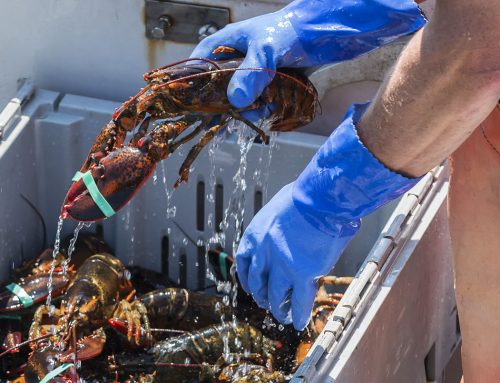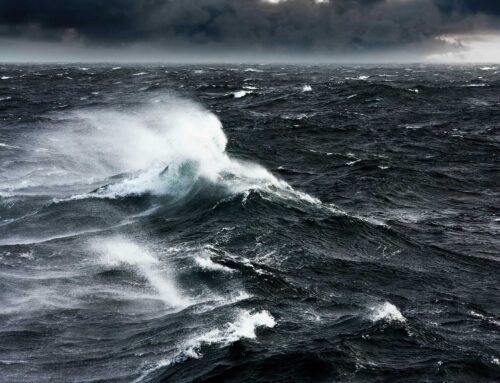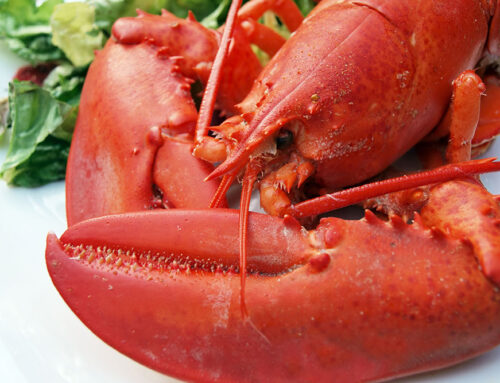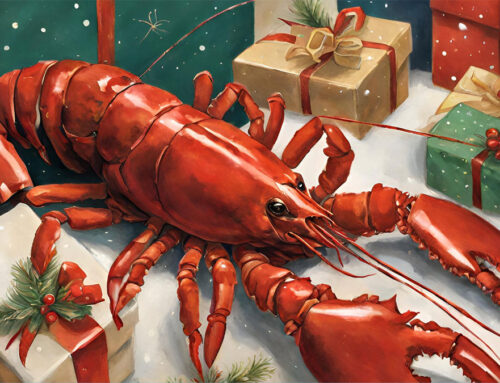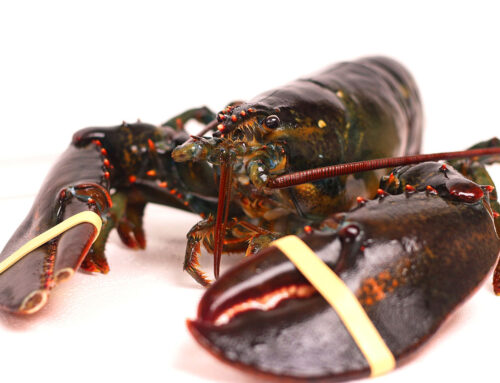With the SAG-AFTRA actors’ strike in the news recently, it seems the right time to talk about “the third character” in a lot of classic and modern movies — the Maine lobster. Mr. DeMille, they are ready for their close-up!
Symbol of Wealth & Indulgence
In many films, lobsters are depicted as gourmet or luxury food items. They are often shown being prepared and served in upscale restaurants, highlighting their high cost and status as a culinary delicacy. Movies may also show characters enjoying lobster dinners as a symbol of wealth or indulgence.
Going back to “Titanic” (1997), the sweeping drama about the ill-fated ship, scenes in the first-class dining room feature lobster being served as part of a luxurious meal. In the modern version of “The Great Gatsby” (2013), the film adaptation of F. Scott Fitzgerald’s novel, you can also see scenes of extravagant parties with decadent spreads, often with lobster on the menu.
Slapstick Comedy Prop
In other movies, lobsters have been used for comedic effect. For instance, characters may struggle to crack open a lobster at a fancy dinner, leading to humorous mishaps. Remember in the classic Woody Allen film “Annie Hall” (1977), when the characters Alvy and Annie have a humorous encounter while trying to cook live lobsters?
Perhaps the most memorable scene is in “Splash” (1984) – when Daryl Hannah’s mermaid character is in a restaurant, leading to humorous confusion when she eats a lobster, shell and all.
Deeper Meaning
Lobsters may be used symbolically in movies to represent various themes. For example, they might symbolize the idea of survival, adaptation, or the concept of being trapped, as lobsters are often associated with traps and fishing. For example, “The Beaches of Agnès” (2008) is a documentary by French filmmaker Agnès Varda, who explores her time spent in a coastal village in France, using lobster traps as a symbol to represent the various influences and traps that people encounter in life.
Another example is “The Lobster” (2015), a satirical and darkly comedic film where single people are sent to a hotel where they are required to find a partner within a limited time frame, and those who fail are transformed into animals or creatures. The protagonist, played by Colin Farrell, chooses to become a lobster if he doesn’t find a mate.
Fun Personality
In many undersea animated movies, lobsters have been given human-like personalities. They can be portrayed as quirky or helpful characters, adding humor or depth to the storyline in animated films such as “The Little Mermaid” (1989) or “Finding Nemo” (2003).
We haven’t even gotten to the topic of lobsters in books and art — we’ll save that for another blog. The next time you see lobsters portrayed in film, think of us and make plans to enjoy the real thing at the Maine Lobster Festival, offering free admission again from July 31 to August 4, 2024! Make plans to visit: https://www.mainelobsterfestival.com


